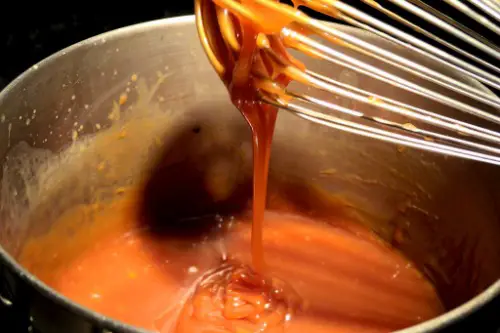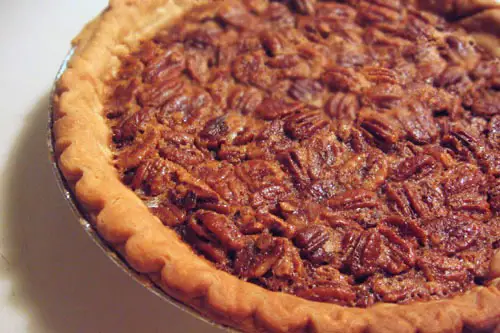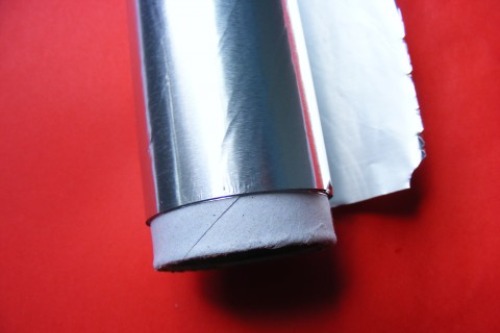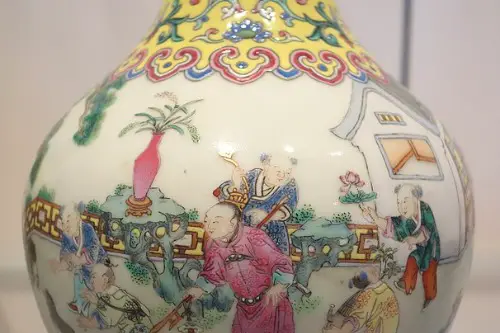1. Coupon

Americans often say “koo-pon,” while some opt for “kyoo-pon.” The split stems from regional dialects, but the “koo” version dominates because it sounds more like the French origin of the word—“coupon” in French is pronounced similarly.
2. Squirrel

For many non-Americans, “squirrel” sounds like a simple two-syllable word. But in the U.S., it morphs into something closer to “skwurl.” The compacted syllables are all part of Americans’ tendency to simplify complex sounds, making this little critter’s name a mini tongue twister for everyone else.
3. Aunt

Many Americans rhyme “aunt” with “ant,” while others say it more like “ahnt.” The “ant” pronunciation became dominant due to 17th-century British immigrants who used this variation—and it stuck in the U.S., even as the Brits moved on.
4. Route

Some Americans say “root,” and others say “rout.” The divide often depends on geography—Southerners and Westerners lean toward “rout,” while Northerners stick with “root.” This stems from regional dialects and influences from early settlers. Either way, the word seems to drive cross-country debates as much as it describes highways.
5. Caramel

Is it “CAR-muhl” or “CARE-uh-mel”? In the U.S., it’s split down the middle, with the three-syllable version dominating in the Northeast and parts of the Midwest, while the two-syllable version wins out elsewhere. This regional divide comes from immigrant influences—English-speakers from different parts of Britain brought their pronunciations to America.
6. Pecan

This word sparks heated debates at Thanksgiving tables. Some say “PEE-can,” while others insist on “puh-KAHN.” Geography again plays a role, with Southerners favoring the latter. The debate is so lively that it feels like a pecan pie might break out in protest.
7. Water

Many Americans pronounce “water” as “wuh-der,” especially in places like Philadelphia and New Jersey. The shift from a crisp “t” to a softer “d” is a feature of American English called “flapping,” where certain consonants get smoothed over in casual speech.
8. Mirror

For some Americans, “mirror” becomes “meer,” skipping the second syllable entirely. This is part of a broader trend in American English to flatten sounds for efficiency. It’s like the language equivalent of fast food—convenient, even if purists might raise an eyebrow.
9. Coyote

In much of the U.S., “coyote” is pronounced as “kai-OH-tee.” But in the Southwest, closer to the word’s Spanish origins, it’s often “kai-OHT.” The Americanized version comes from cowboy culture and old Westerns, where adding an extra syllable just sounded cooler.
10. Tomato

Ever hear the phrase “you say tomato, I say to-mah-to”? In the U.S., it’s firmly “to-may-to,” thanks to a cultural preference for flat, rhyming vowels. The British “to-mah-to” feels fancier, but American practicality strikes again: short vowels, short words.
11. Aluminum

Brits say “al-you-MIN-ee-um,” while Americans use “a-LOO-min-um.” The difference comes from an 1808 naming disagreement—British scientists added an extra “i” to align with other elements, but Americans preferred a simpler, streamlined version. Because why not?
12. Vase

In the U.S., it’s often pronounced “vays,” while British speakers prefer “vahz.” The American version reflects their tendency to make words rhyme (think “face” or “place”), while the British pronunciation leans into the original French roots.
13. Herb

Americans drop the “h” in “herb,” making it sound like “erb,” while Brits pronounce the “h” clearly. This pronunciation quirk likely comes from French influence, as the French word “herbe” is also pronounced without the “h.” Blame it on the American Revolution’s anti-British streak—they went all in on Frenchified pronunciations for anything that sounded too English.
14. Lawyer

Is it “LOY-er” or “LAW-yer”? Americans are divided on this one, often based on regional accents. Northerners tend to say “LAW-yer,” while Southerners favor “LOY-er.” The difference shows how vowel shifts reflect cultural identity in subtle ways.
15. Garage

Americans say “guh-RAJ,” while Brits say “GARR-ij.” The American pronunciation emphasizes the French origin, adding that sophisticated final “zh” sound. It’s one of the few times Americans actually stick closer to French pronunciation than the Brits do!


